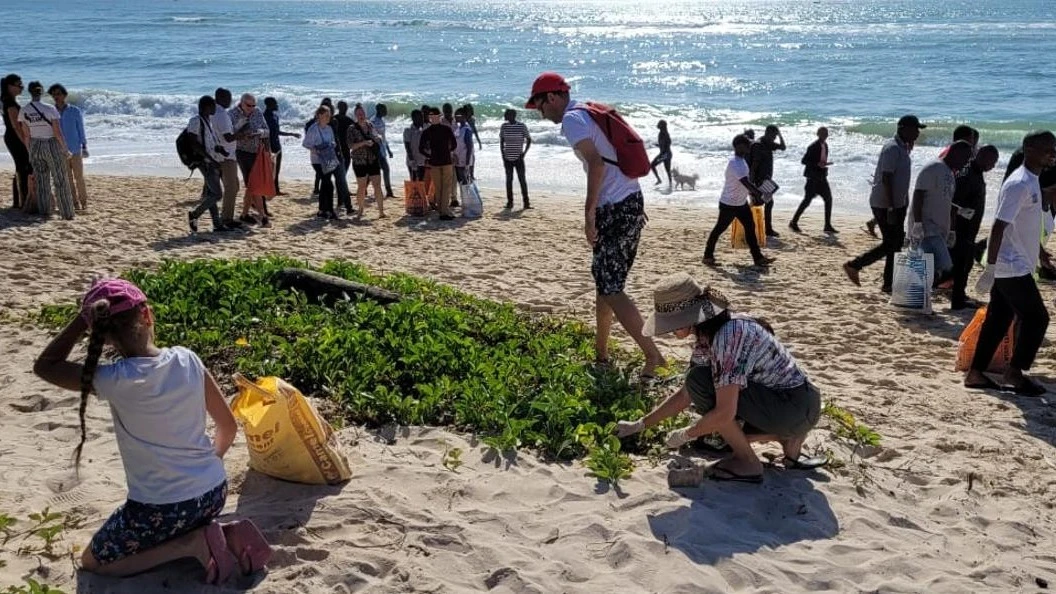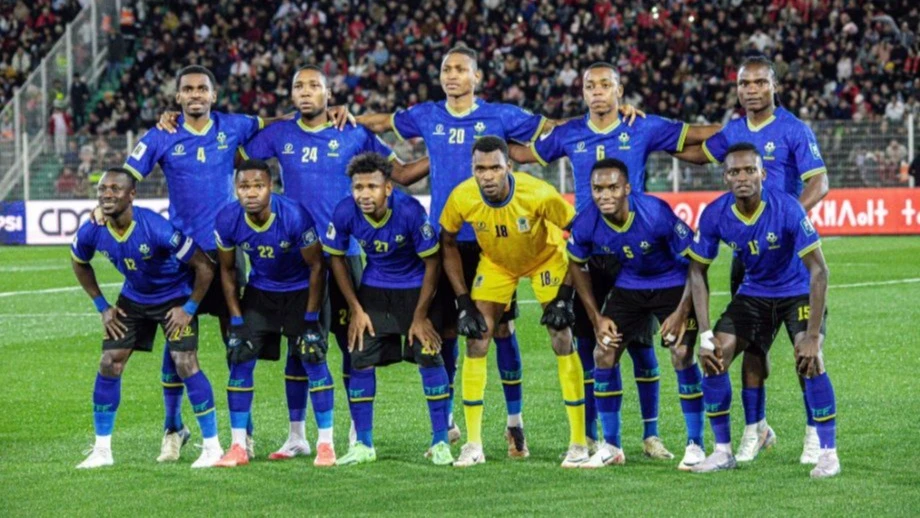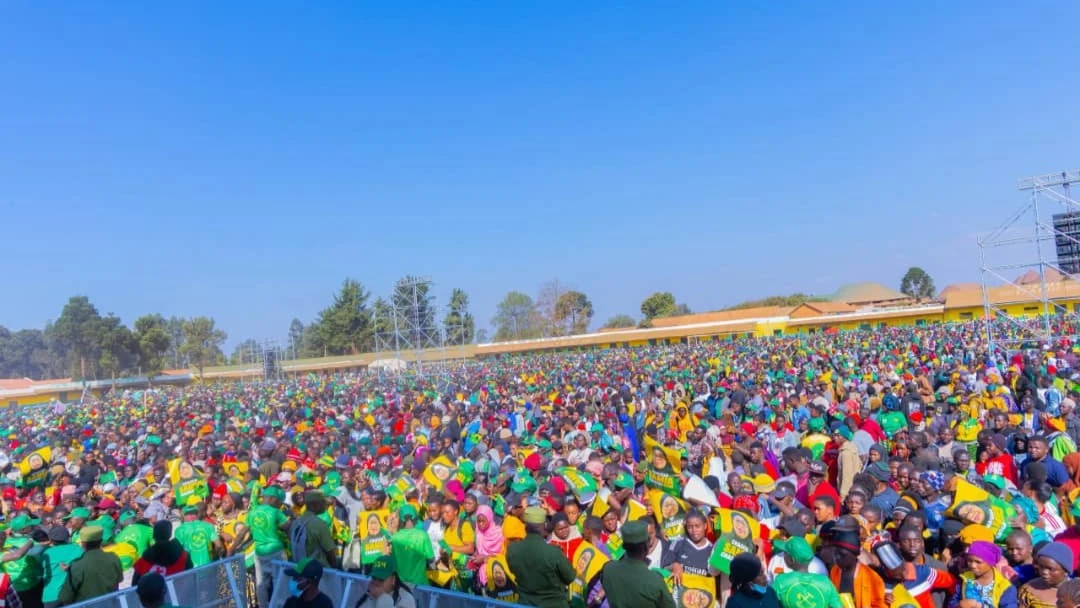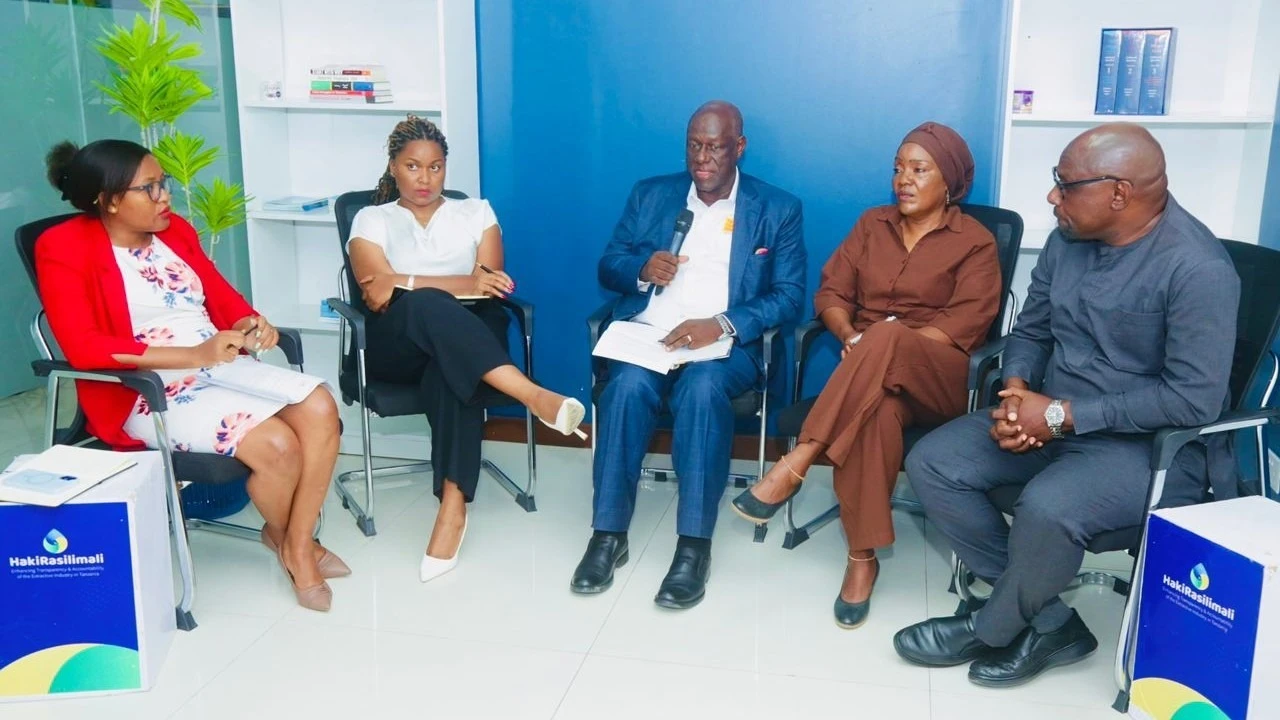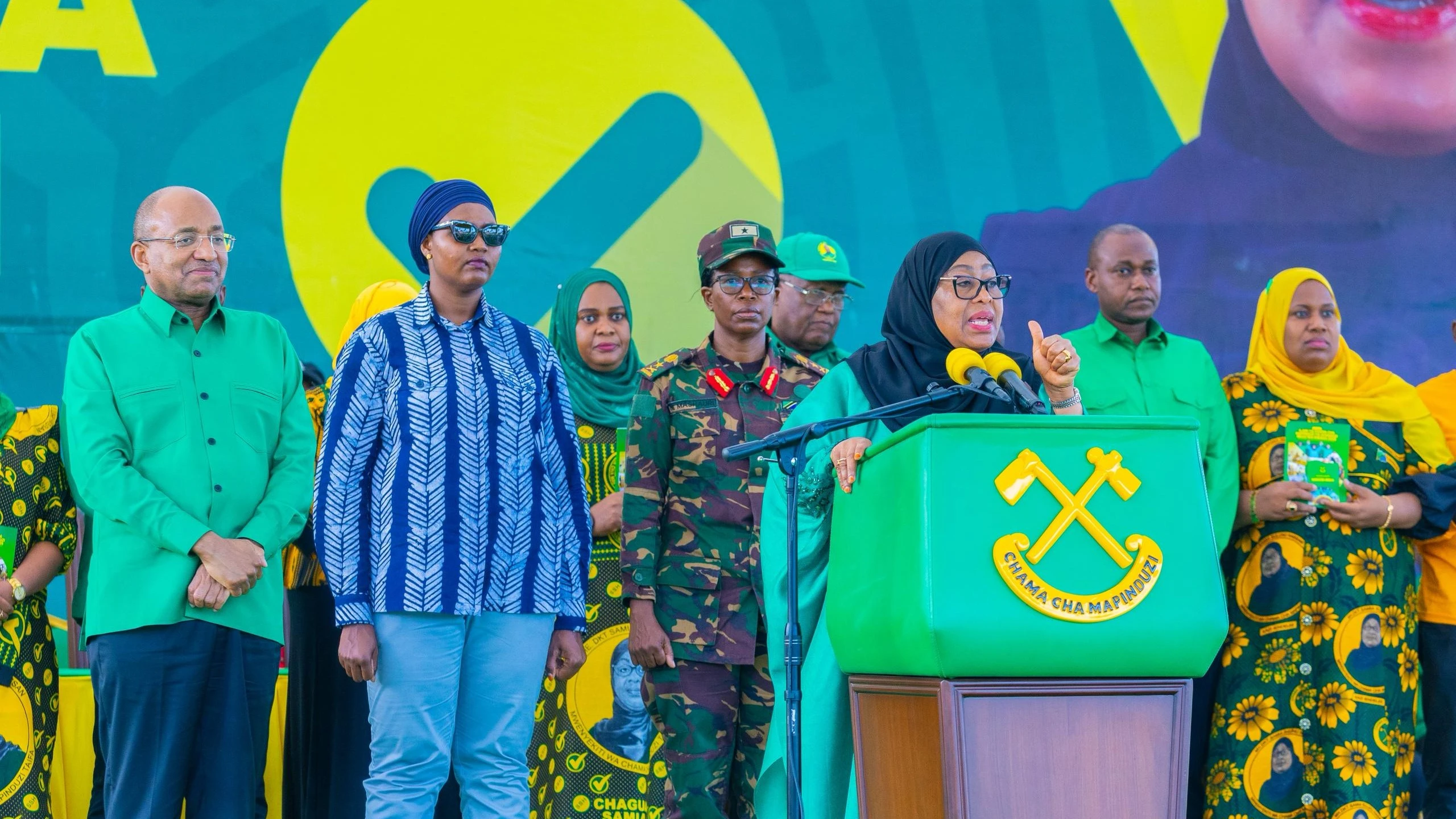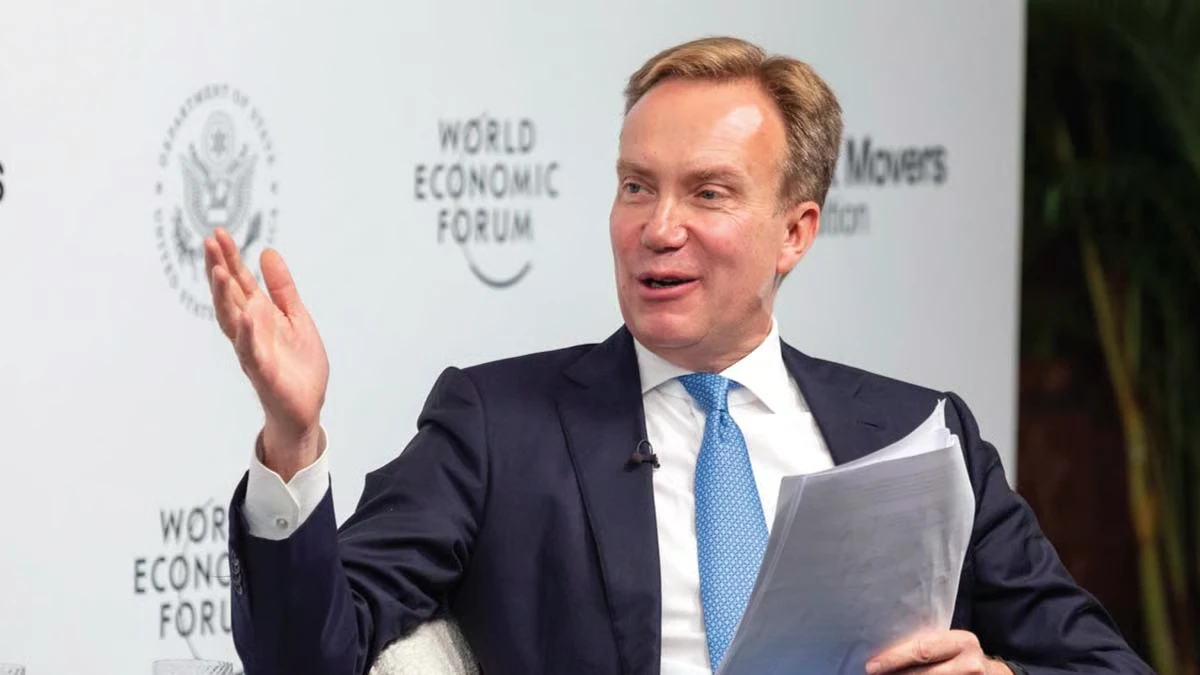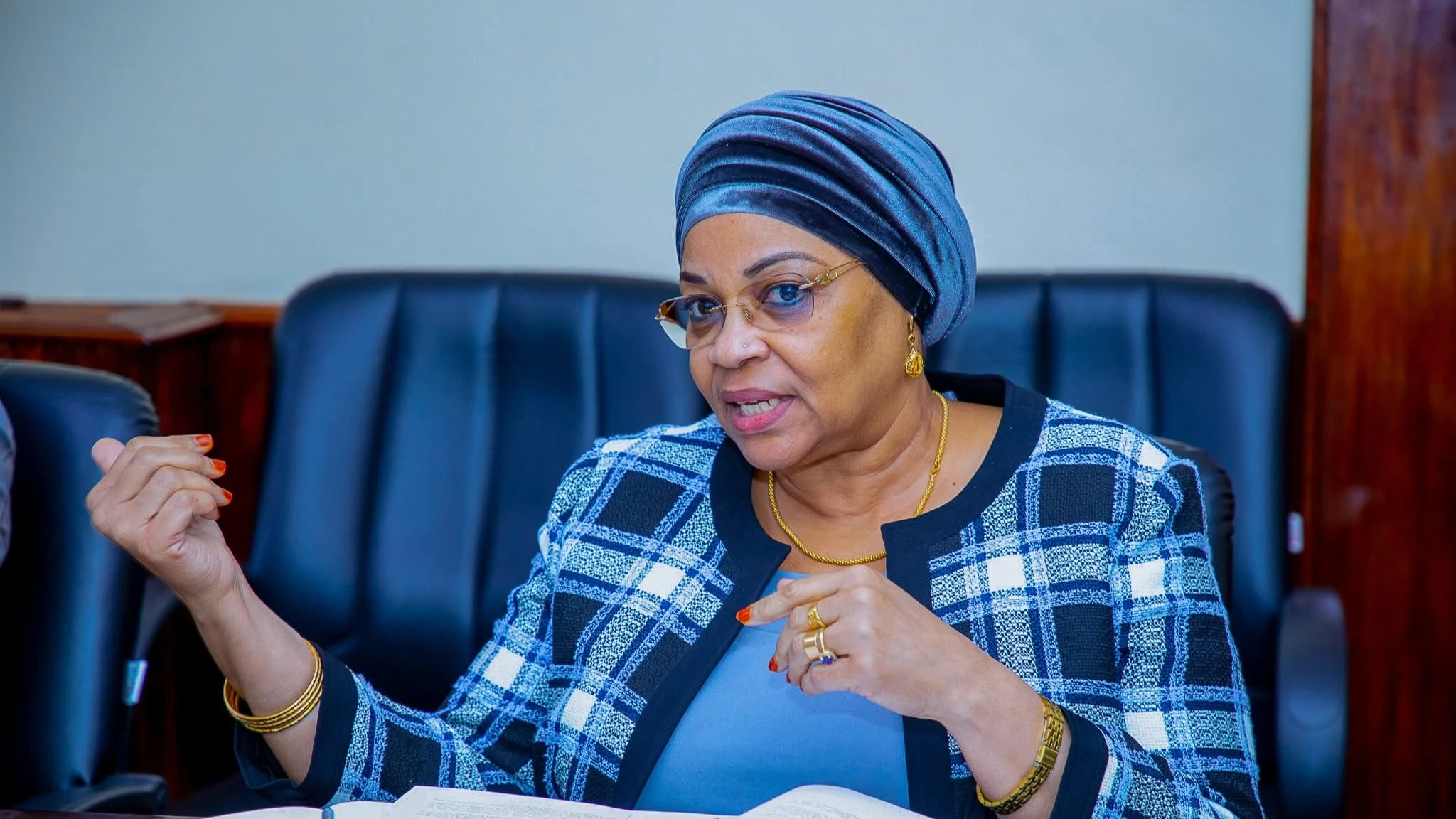Responsible mining: Balancing safety, justice and human rights
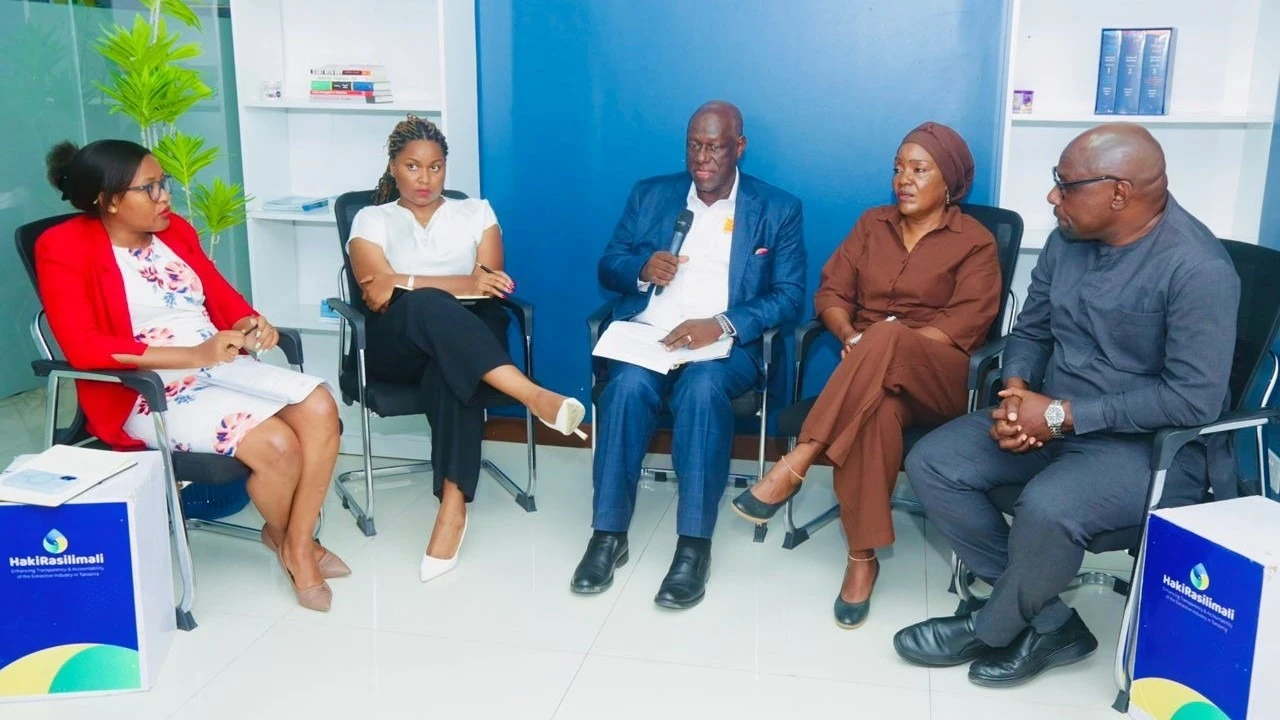
MINING is one of the important sectors in Tanzania and has a significant contribution to economic growth. Its contribution to the national income (GDP) is currently 10.1 percent, which has increased from 3.5 percent in previous years.
In exports, the mining sector contributes more than 45 percent, with gold alone contributing nearly 50 percent of the country’s export value.Despite this significant contribution to the economy, many areas or communities where mining takes place are not satisfied with how the sector contributes. They are also not happy with the behaviuor of some traders, miners, and companies in how they conduct their activities.
Responsible mining is not only about extracting resources efficiently but it is about protecting people and communities. Considering safety issues by ensures that both big companies and artisanal miners work in secure environments free from preventable accidents, injuries, or fatalities. Respecting human rights guarantees that communities are involved and their complaints are heard. This ensures the right to participate in decisions that protect the environment and the future.
Various guidelines and laws emphasize the need to protect the rights, responsibilities and interests of citizens so that communities benefit from the available resources.Safety and management of mining operationsIn a recent discussion held in Dar es Salaam—‘From Mines to Markets: Justice and Human Rights on Responsible Sourcing’, organized by HakiRasilimali—stakeholders highlighted existing challenges and discussed government efforts to ensure mining takes place according to the law and that communities benefit from these resources.
Eng. Philibert Rweyemamu, Chairman of the Tanzania Chamber of Mines, stated that before an investor begins mining operations, the investment must be legal, guided by four major laws: the Environmental Management Act, 2004, the Tanzania Mining Act of 2010, amended in 2017, the Local Government (Urban Authorities) Act, 1982, which insists on community participation and involvement, the Land Act 1999, and the Village Land Act 1999, which protect citizens’ land rights.“All mining activities, from exploration onwards, must go through all legal stages. The investor must have permits to conduct research in the specific area.
Land acquisition must involve citizens and authorities, including local, village, and district governments. No mining can take place without going through all levels,” he explained.He said although complaints from citizens will continue to be received, the Land Act 1999 and Village Land Act 1999 protects community interests, making it difficult for miners to violate them. The Environmental Management Act, 2004 requires investors to know the needs and priorities of communities and to conduct assessments of the impacts of mining, putting in place measures to ensure they do not occur.
Terence Ngole, Assistant Commissioner for Minerals (Local Content & CSR), Ministry of Minerals, said the government introduced The Mining Commission, which is responsible for supervising mining operations, including compliance with laws, and ensuring sustainable mining.According to Ngole, to ensure the safety of miners and communities, Tanzania has signed international agreements to protect community interests. Some of these agreements include the UN Guiding Principles on Business and Human Rights, which aim to ensure responsible business operations.
There are also a number of regional and global initiatives aimed at ensuring safe mining, added the government official.“On global guidelines, Tanzania is not behind. Our laws and policies address safety and environmental issues. The laws ensure that while mining is carried out, the environment remains safe and communities benefit.
Before mining activities begins, investors are required to submit a mining plan to see if their operations meet safety, health, and environmental protection standards,” added Ngole.The use of mercury in gold processingGeneral Secretary, Tanzania Women Miners Association (TAWOMA), Salma Kundi, expressed concern that in most cases, women artisanal miners are seen as breaking the law because sometimes they go to mines with children, but they do this because they have to provide for their children.“This should not be considered breaking the law.
They do all this because of poor living conditions. If they stay at home, they might not afford daily expenses, and many of them have families,” Kundi said as she acknowledged that some miners still use mercury in their operations because many cannot afford advanced gold processing technologies.To address this, TAWOMA has started providing training for their members on the health impacts of using mercury in mining activities.
Trainings have already been conducted in Mbeya, Mwanza and Geita whereas members are also encouraged to use protective gear.Kundi added: “I am optimistic that the use of mercury among women miners will decrease in the coming years as new technologies are slowly being adopted. We appeal to banks and financial institutions to assist women miners with capital loans to enable them to adopt new mineral processing technologies.”
Commenting on mercury use, Ngole stated that for artisanal miners to stop using mercury, they need to be educated on its impacts on human health. Both the government and stakeholders should continue providing education, which would ultimately help eliminate its use.
“We cannot abandon mercury completely; as such action may adversely harm artisanal miners. We closely monitor their operations and make sure they have environmental protection plans before starting operations, while large companies are required to conduct Environmental Impact Assessments (EIA),” said Terence, noting that 40 percent of gold comes from artisanal miners.
Eng. Rweyemamu stated: “We appreciate various government initiatives, including the formalization of artisanal miners and grouping them. These efforts have resulted in some moving from artisanal to medium-scale mining.”Challenges and a call to actionIrene Mosha, Strategy and Partnership Assistant from HakiRasilimali, said safety and health remain challenges for small-scale miners.
She noted that most of them are still not aware of its impacts on human health. Research shows that 197 out of 237 mining sites, uses mercury in gold processing.Mosha added that 71 percent of mercury-using mining activities are close to residential areas, indicating that people are unaware of its severe dangers. Mercury fumes can possibly damage lungs and other internal organs.“There are still legal and bureaucratic challenges in the mining sector.
The licensing process is long and expensive, many miners fail to follow these procedures due to lack of money, resulting in informal mining,” she noted.Research shows that 40 percent of artisanal miners are women, many working in difficult conditions, with some going to mines while pregnant and accompanied by children, stated Mosha.
She said as Tanzania works toward sustainable mining, it is important for stakeholders—including NGOs, civil society organizations, the private sector, and the government—to work together. The mining sector is crucial for the economy and livelihoods, hence the need to ensure its sustainability.Mosha emphasized the need to customize international mining standards to fit the country’s local context.
Top Headlines
© 2025 IPPMEDIA.COM. ALL RIGHTS RESERVED











